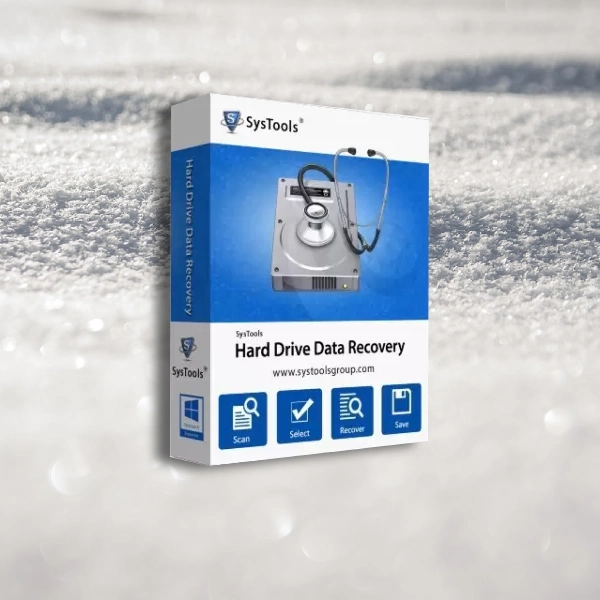
Kaspersky Anti-virus
Ratings
4.7/5
- Website


Kaspersky Anti-Virus is a widely recognized and utilized cybersecurity solution that is renowned for its robust malware detection and protection capabilities. Employed by millions worldwide, this software is designed to safeguard computer systems and digital devices from a plethora of online threats. The potency of Kaspersky Anti-Virus is underscored by its incorporation of cutting-edge technologies, which facilitate the identification and neutralization of various forms of malicious software.
With an intuitive user interface, Kaspersky Anti-Virus allows for easy installation and seamless integration into the user’s digital environment. Once installed, the software operates discreetly in the background, conducting continuous scans of files, applications, and online activities. Any signs of malicious code or suspicious behavior are swiftly identified, prompting the initiation of countermeasures to neutralize the threat. This proactive approach ensures that users can navigate the digital landscape with confidence, knowing that their system is under constant vigilance.
One of the key features that sets Kaspersky Anti-Virus apart is its extensive malware database, which is regularly updated to stay ahead of emerging threats. These updates are delivered seamlessly to the user’s device, bolstering the software’s ability to recognize and mitigate evolving malware strains. Additionally, the software incorporates real-time monitoring, which scrutinizes web traffic and email attachments for potential threats, preventing users from inadvertently accessing compromised content.
In the event that a threat manages to breach the system’s defenses, Kaspersky Anti-Virus takes immediate action to mitigate the impact. Infected files are quarantined and disinfected, preserving the integrity of the user’s data. The software’s advanced heuristic analysis further enhances its efficacy by identifying zero-day vulnerabilities and previously unseen malware variants.
Kaspersky Anti-Virus is not solely limited to personal computers; it extends its protection to mobile devices as well. With the proliferation of smartphones and tablets as essential components of modern life, the inclusion of mobile security features is imperative. Kaspersky’s mobile protection module guards against threats that target these devices, ensuring that users can enjoy the convenience of mobile connectivity without compromising their data security.
Using Kaspersky Anti-Virus software is a straightforward process that involves installation, setup, and regular maintenance to ensure optimal protection for your computer. Here’s a step-by-step guide on how to use Kaspersky Anti-Virus:
Remember that Kaspersky Anti-Virus is designed to provide ongoing protection, so it’s essential to keep the software updated and perform regular scans. Additionally, practice safe browsing habits, avoid downloading files from untrusted sources, and be cautious when clicking on links or opening email attachments to further enhance your online security.
Kaspersky Anti-Virus is a well-known cybersecurity solution that offers a range of features designed to protect your computer and digital data from various online threats. Here are some of the potential pros of using Kaspersky Anti-Virus:
It’s worth noting that while Kaspersky Anti-Virus has many benefits, no security software is 100% foolproof, and its effectiveness can vary based on the evolving threat landscape and user behavior. Regularly updating the software and practicing safe online habits are important components of maintaining a secure digital environment.
While Kaspersky Anti-Virus offers numerous benefits in terms of cybersecurity protection, there are also some potential drawbacks and concerns associated with its use. It’s important to consider these cons when evaluating whether Kaspersky Anti-Virus is the right choice for your needs:
Ultimately, the decision to use Kaspersky Anti-Virus or any other security software should be based on a careful evaluation of its features, benefits, drawbacks, and how well it aligns with your personal preferences and priorities. It’s a good practice to research and consider multiple antivirus options before making a decision.
Kaspersky often offers different tiers of products, including options for single-device protection, multi-device protection (covering multiple devices with a single license), and various subscription lengths (such as 1 year, 2 years, etc.).
You can purchase Kaspersky Anti-virus at attractive price.
Kaspersky Anti-Virus is a widely recognized cybersecurity solution with a reputation for strong malware detection and protection capabilities. However, it’s essential to consider both the positives and potential drawbacks when assessing its suitability for your needs.
Conclusion:
Kaspersky Anti-Virus offers a strong line of defense against malware and provides an array of useful features for users looking for reliable protection. However, concerns about privacy, controversies, and subscription costs should be taken into account when making a decision. As with any security software, it’s recommended to assess your specific needs, research alternatives, and read user reviews to determine if Kaspersky Anti-Virus aligns well with your cybersecurity requirements.


Get instant help at FREE of Cost! Not just browse, get support!